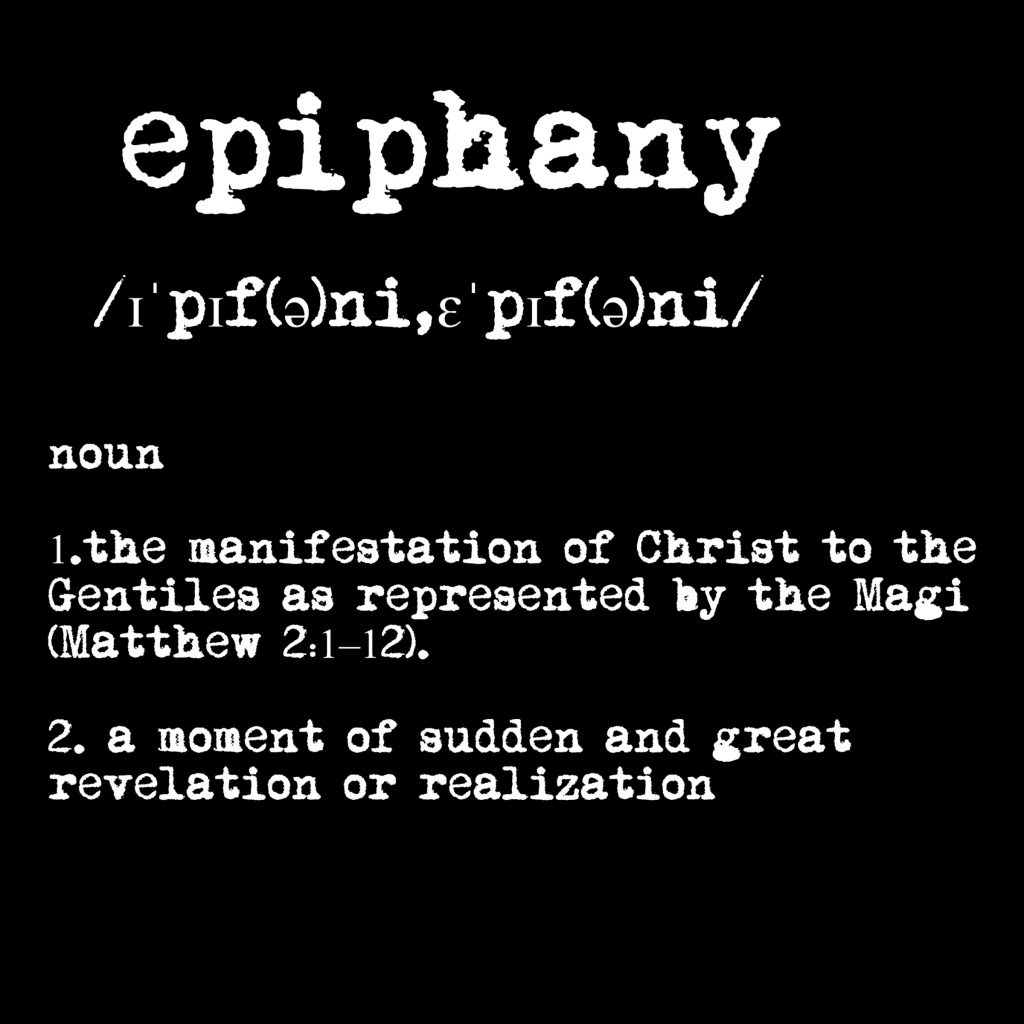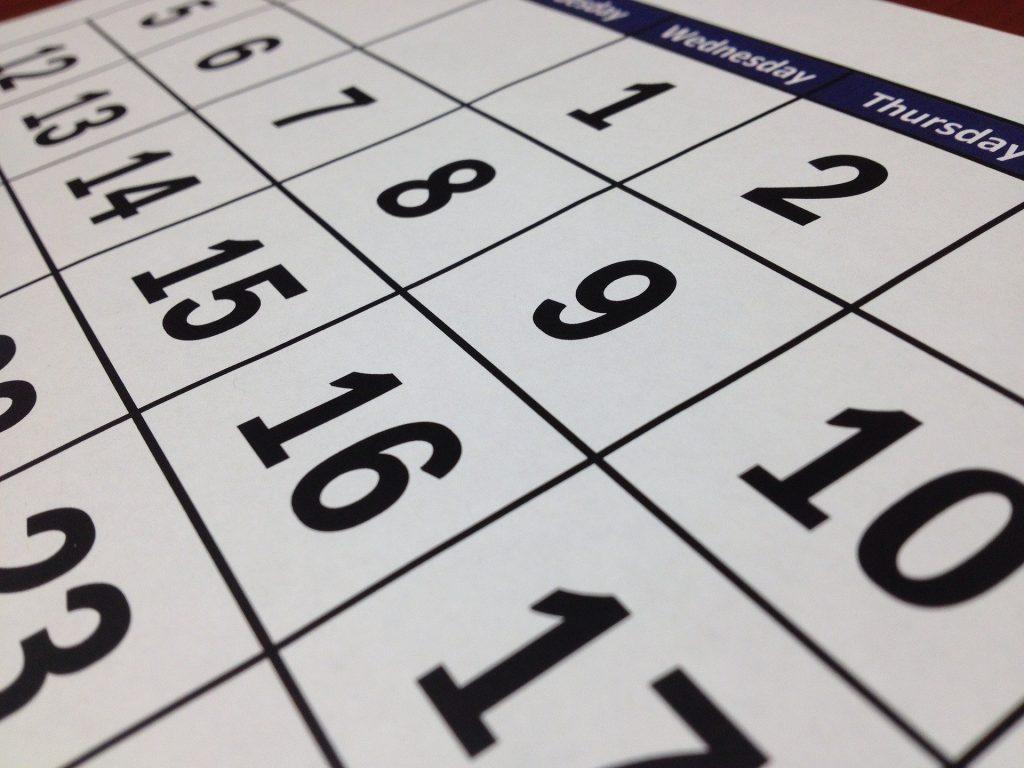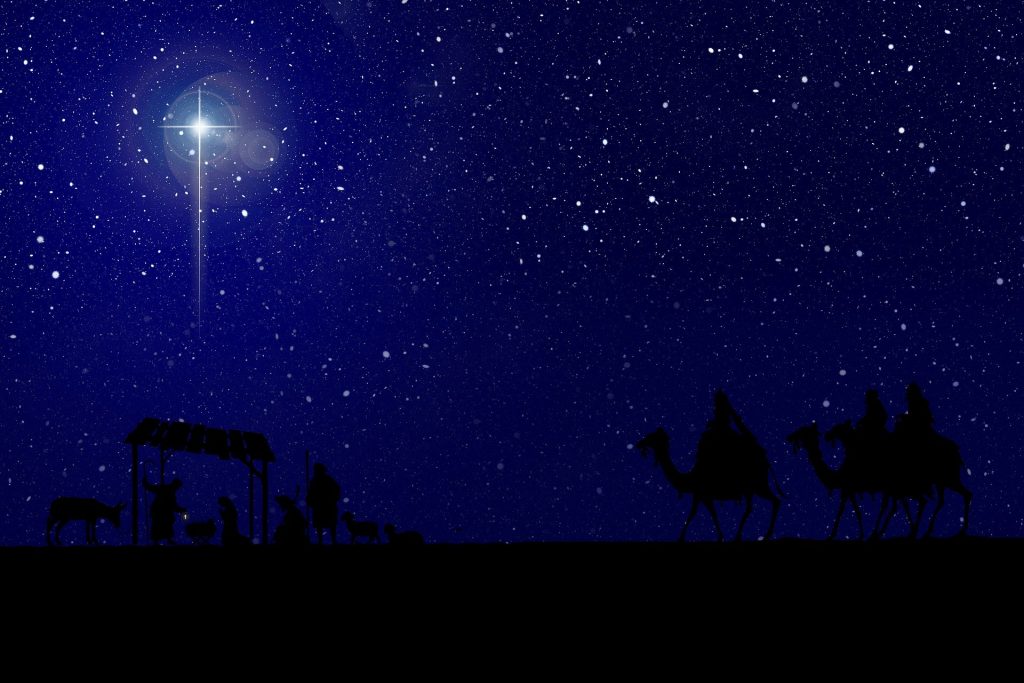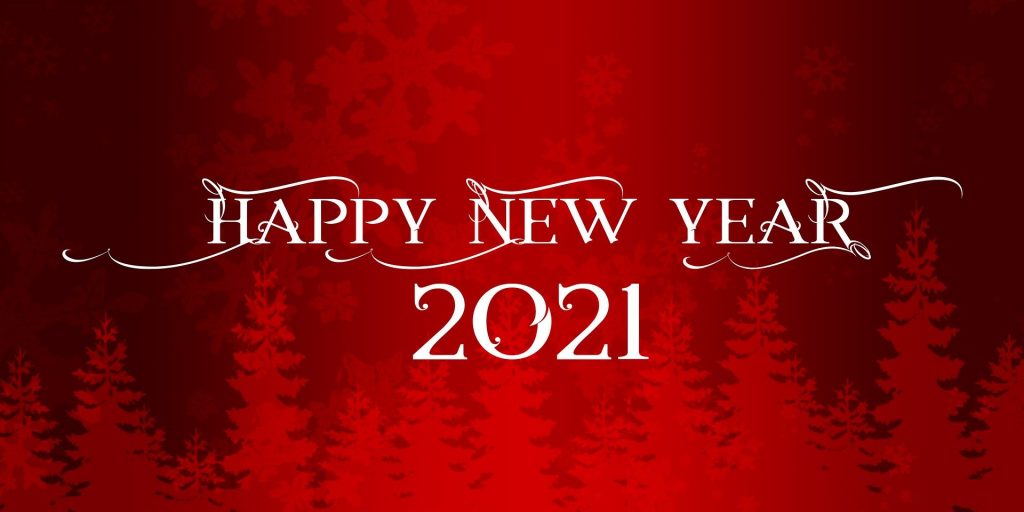
Today is Epiphany, The date when Christians in the Western Church celebrate the arrival of the Magi, and with them the manifestation and revelation of The Christ – the Light of the World – to the whole world. Who doesn’t know and love that story of ‘wise men’ and their gifts of Gold, Frankincense and Myrrh?
It is also a New Year, and a time for reflection. Although there are other transitional times throughout the year that lead us to reflect on what has happened, New Year feels, for reasons of new calendars and psychological blank slates, more significant. It is especially true this year, following the year that will forever (or for a long time at least) be synonymous with the lockdown. It was, in many minds, a ‘bad year.’
And yet, three days into 2021, not much has changed. In terms of the Covid situation, it is actually much worse. Does that mean 2021 is a ‘bad’ year too? When it’s only January 3rd? Or does more of it have to be bad? A relatively arbitrary historical imposition of a twelve-month pattern aligns with a strange notion that moving from one day to the next will somehow make things different, better. Why is a year deemed good or bad depending on specific events that have happened during the past twelve months?

Of course, this is mostly subjective. Individual experiences in any given year are all very different. There are other calendars – Chinese, Hebrew, Islamic, Ethiopian, Persian – which have different ‘New Years’. Not only that, ‘bad’ things happen to people all the time, all year round. All sorts of terrible individual, social and geographical traumas. There are people in war zones, in refugee camps, in situations of domestic violence. The difference I suppose, is that Covid is happening to all of us. And in the year where a bad thing happened to all of us, it is tempting to think that 2020 was the culprit. In reality, it was the Covid that was bad, not the year.
As a child, I remember adult family members toasting New Year with a unanimous agreement that the current year had been tragic/depressing/full of disaster/maligned with bad luck and that they hoped the coming year would be better than the last one. I found it strange and troubling, thinking of all the other – good or just neutral – things that had happened and wondering why it was the bad thing that had made the year what it was.
I have since discovered that this is what human beings do. We have the cerebral wiring that anchors negative events – an ancient survival mechanism. We are more likely to recall and focus on the bad stuff, therefore, and rather forget that there were also many moments of happiness. There are good evolutionary reasons for this, but whilst we have rather moved on from the need to avoid that place where the sabre-toothed cat ate our uncle, our brains still work that way. Our desire to make sense of this creates patterns, meanings, stories. ‘It has been a bad year’ and not, ‘some things happened and some other things happened, some were good, some were bad, some were neutral,’ creates a meaning-full narrative. If bad things are the things that defined the period, then a new period gives us hope that things will be better ‘this year’ or ‘next week’ or ‘tomorrow’.

Hope is a deeply human and necessary thing. In the darkness, we choose to see light. Indeed, it is in the darkness perhaps that the light is more visible. Hope is a particular feature of faith, but those without faith see it and desire it too. As a chaplain it is a question I ask often, and maybe moreso of people who don’t have any religious beliefs: What gives you hope? Maybe this is one reason the story of the Magi is so compelling, even for non-Christians. A bunch (maybe three, maybe many more) of astrologers, ‘foreigners’ from ‘The East’ choosing to follow a strange bright new star towards an unknown goal, and finding in that very lowly place, the Light of the World? It’s probably the best metaphor for the unversality of hope that I can think of!
We look forward to a ‘better’ 2021, even though we don’t know what will happen, except that it might be good. And some of it will be. There will most definitely be moments of darkness, of uncertainty, of loss. The reality is that the challenges of Covid, of climate change, of war and natural disaster, of political upheaval, and all the private and personal traumas are not suddenly going to go away. But there will also be joy, wonder, laughter, love, hope. All of it is real, and all of it is what it means to be human and to be alive.
The Magi didn’t know where they were going, but they went anyway. Because the beckoning light of Hope was too much, too big, too important to ignore, or to simply watch from afar.
With the brightest of blessings of love and hope for this year and all years.
Jude x

No responses yet